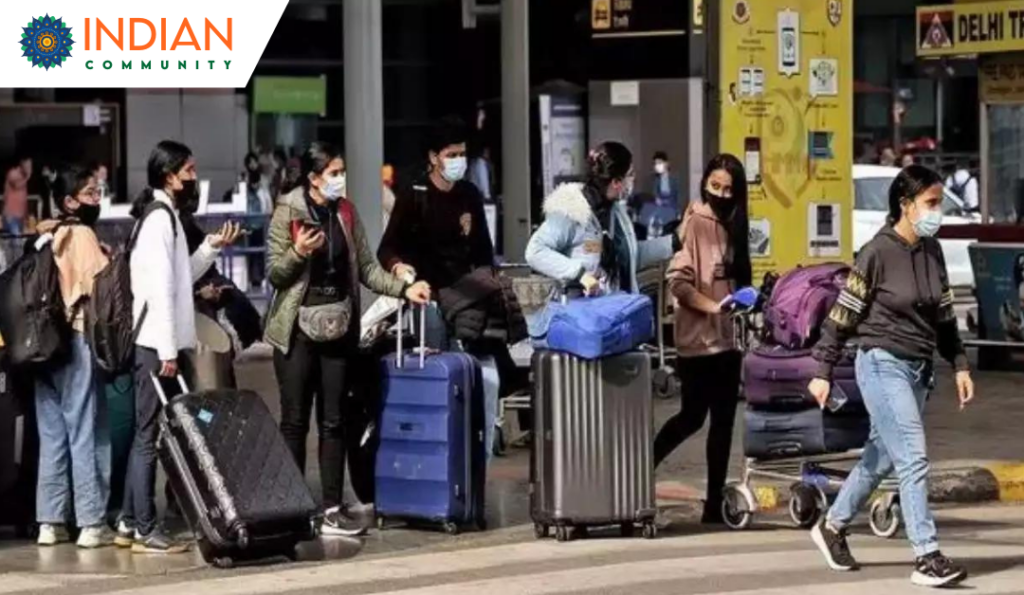In a pivotal decision, the US district court has greenlit an agreement to rescind sanctions imposed on more than 90 foreign nationals, a significant portion hailing from India. These individuals had previously been subjected to entry bans or visa refusals due to their association with fraudulent Optional Practical Training (OPT) schemes orchestrated by their former employers.
The plight of these students, victimized by deceitful OPT employers, has been harrowing, with repercussions ranging from being barred entry into the US to visa ineligibility. One such case emerged from Chennai, where a student recounted being turned away by US customs officials following a brief trip, solely because of a short stint with a blacklisted OPT-certified firm.
Representing the plaintiffs, Attorney Jesse Bless elucidated that following extensive negotiations, the US Department of Homeland Security (DHS) consented to a comprehensive review of its records. Subsequently, DHS confirmed that these former students do not bear inadmissibility to the US or visa ineligibility solely based on their association with fraudulent OPT entities. “With the lifting of inadmissibility, these plaintiffs have been afforded another shot at residing and working in the United States,” Bless affirmed.
What is Optional Practical Training (OPT)?
OPT serves as a mechanism for international students to accrue work experience within the US, with STEM students being eligible for a two-year extension. Notably, among the 270,000 Indian students in the US during the 2022-23 academic year, a staggering 69,000 were enrolled in OPT programs, as per findings from the Open Doors Report.
Attorney Jonathan Wasden elucidated that the scam revolved around companies certified by DHS under the E-Verify system. These entities aggressively peddled consulting positions to recent graduates, conducting interviews and extending employment offers for dubious training programs, often for a fee of less than $500. Despite years of certification, these companies eventually fell under the scrutiny of DHS, prompting raids that yielded employee rosters. Subsequent cross-referencing of names led to determinations of inadmissibility against affected students.
Wasden lambasted DHS for its failure to timely alert the public, a move that could have potentially averted the victimization of thousands of students. He underscored that students who were admitted to the US before the scam came to light were subsequently rendered inadmissible, oftentimes without due process, leaving them stranded with their belongings in the US.
In a proactive stance, Wasden advised students to safeguard themselves by steering clear of companies that levy charges for training and to promptly report suspicious activities to DHS via legal representation.

